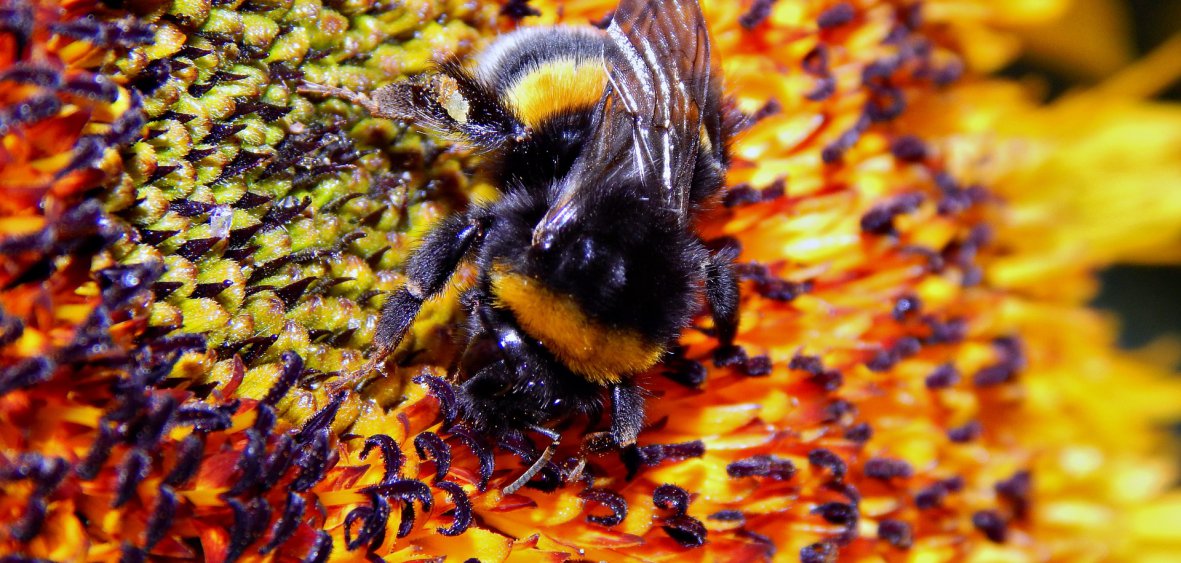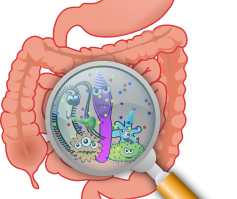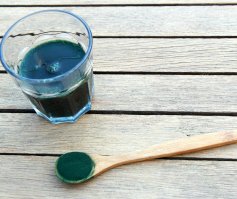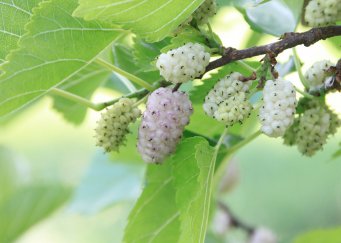 Flower pollen (bee pollen) is an excellent product. What does this mean? Its composition is rich in all the values we need to live. It contains 22 amino acids, carbohydrates, lipids and fatty acids, phenolic compounds, enzymes and coenzymes, vitamins and bioelements. Due to these properties, it is appreciated by athletes, bodybuilders, people learning and working mentally, the elderly and pregnant women.
Flower pollen (bee pollen) is an excellent product. What does this mean? Its composition is rich in all the values we need to live. It contains 22 amino acids, carbohydrates, lipids and fatty acids, phenolic compounds, enzymes and coenzymes, vitamins and bioelements. Due to these properties, it is appreciated by athletes, bodybuilders, people learning and working mentally, the elderly and pregnant women.
Where do we buy pollen?
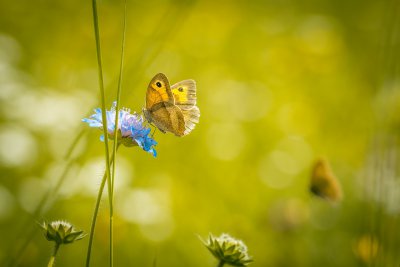 Pollen should be eaten regularly all year round, especially in spring, when we gain new strength after the winter. This is one of these products, which is not produced by man, because to this day it has not been possible to create a synthetic version of pollen. The pollen monopoly has bees, and the easiest way to obtain it is to visit the beekeeper. Fortunately, it does not have to be a personal visit, but only a visit to websites, or participation in internet auctions, which are run by apiary hosts. The average price per 1 kg of this benefit is about 50 PLN.
Pollen should be eaten regularly all year round, especially in spring, when we gain new strength after the winter. This is one of these products, which is not produced by man, because to this day it has not been possible to create a synthetic version of pollen. The pollen monopoly has bees, and the easiest way to obtain it is to visit the beekeeper. Fortunately, it does not have to be a personal visit, but only a visit to websites, or participation in internet auctions, which are run by apiary hosts. The average price per 1 kg of this benefit is about 50 PLN.
How to use bee pollen wisely?
First of all, remember that as one of the bee products, pollen can cause an allergic reaction. If you are allergic, prone to gastric and intestinal disorders, suffer from prostate cancer or severe kidney damage, you should not consume bee pollen. Women in the first months of pregnancy should also give up taking it.
The initial daily doses of pollen should not be too high. It is recommended to take about 1/8 to ¼ teaspoonfuls of -3 times a day. If you do not notice any signs of intolerance, you may gradually increase the amount of pollen you consume.
Pollen should be prepared, crushed or soaked for a few hours in water, juice, milk, etc. before consumption. It is also highly recommended to add bee pollen to honey. Only in this form will it be well assimilated by our body. When buying bee pollen, you can also ask about the micronized form, specially crushed.
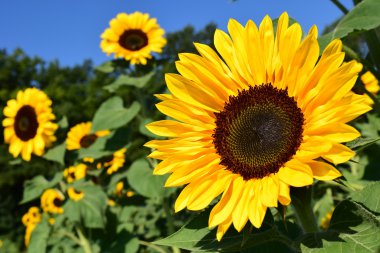
As a preventive measure, in order to strengthen the body you can take 2-3 times a day after a spoonful of pollen. The recommended daily dose for adults is about 20 g (4 teaspoons), children over 3 years of age can take half of this amount. For therapeutic purposes, the daily dose can be doubled (up to 40 g per day). It is best to eat pollen half an hour before a meal.
Composition of bee pollen
Vitamins: A, B1, B2, B3, B6, B12, C, PP, E, D, K, H
Macroelements: P, S, Cl, K, Ca, Na
Micronutrients: Mg, Fe, Cu, Zn, Co, Mo, Se, Cr, Ni, Si
Enzymes: Invertase, catalase, pepsin, trypsin, lipase, lactase and others
100 g of pollen contains:
- Protein 22g
- Fat 12 g
- Sugars 34 g
- Provitamin A 18 mg
- Vitamin E 3,20 mg
- Vitamin C 20 mg
- Thiamine 0,92 mg
- Riboflavin 0,54 mg
- Vitamin B6 0,90 mg
- Biotin 0,0064 mg
- Nicotinic acid 4,80 mg
- Pantothenic acid 0,32 mg
- Folic acid 0,30 mg
- Calcium 120 mg
- Iron 9,20 mg
- Magnesium 77,50 mg
- Zinc 6,50 mg
Percentage composition of bee pollen:
- Protein 24%
- 27% carbohydrates
- Fat 4.8%
- Phosphorus 0.53%
- Potassium 0,58%
- Calcium 0,225%
- Magnesium 0.148%
- Sodium 0.044%
- Iron 140 ppm
- Manganese 100 ppm
- Zinc 78 ppm
- Copper 14 ppm
- Nickel 4,5 ppm
- Thiamine 9,4 ppm
- Niacin 157 ppm
- Riboflavin 18,6 ppm
- Pyridoxine 9 ppm
- Pantothenic acid 28 ppm
- Folic acid 5,2 ppm
- Biotin 0,32 ppm
- Vitamin C 350 ppm
- Carotenes 95 ppm
- Vitamin E 14 ppm
Health properties of bee pollen
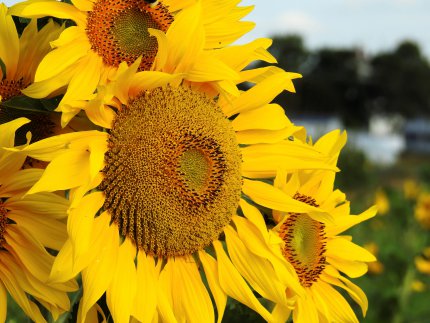 Bee pollen is conducive to fertility - it stimulates ovulation as well as improves the quality of spermatogenesis and orogenesis. It is worth it to be eaten by women who want to have children also because pollen reduces the risk of miscarriage.
Bee pollen is conducive to fertility - it stimulates ovulation as well as improves the quality of spermatogenesis and orogenesis. It is worth it to be eaten by women who want to have children also because pollen reduces the risk of miscarriage.
Athletes appreciate pollen due to the increased increase in strength and endurance. The results of research conducted by the British Sports Council are impressive, in athletes using pollen systematically, there has been an increase in strength by 40 - 50%.
Pollen helps to regulate appetite. In people suffering from overweight, it effectively reduces the willingness to eat, while in people with underweight it stimulates appetite. The pollen contains little calories and the lecithin contained in it helps to remove fat tissue.
People with high cholesterol take pollen to lower the "bad cholesterol" and increase the "good cholesterol" level. By eating pollen, we maintain a healthy heart and blood vessels.
The use of pollen is recommended for men over 40 years of age. It has an anti-inflammatory effect and reduces prostate problems.
Pollen has a soothing effect on the nervous system. Soothes and alleviates symptoms of alcohol hunger. It helps people suffering from depression and even reduces the doses of antidepressants.
Pollen supports the digestive system. It allows us to combat persistent constipation and diarrhoea. It has a purifying effect on the liver, which helps in inflammations, including chronic ones. In addition, the antibacterial and antifungal properties of pollen help to maintain a proper condition of the digestive tract.
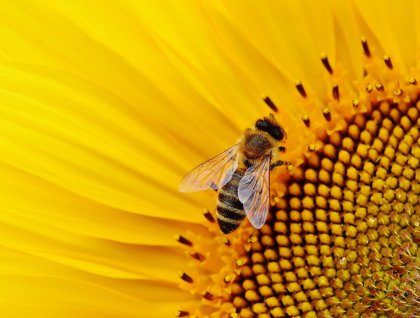
Although pollen can cause sensitisation as a bee product, people suffering from other types of allergies can help to reduce their symptoms.
Regular consumption of bee pollen helps to combat anaemia. Pollen causes the growth of red blood corpuscles and an increase in iron levels.
Pollen is recommended for pupils, students and people who work mentally. It increases concentration and improves memory.
Consumption of bee pollen improves beauty and has an anti-aging effect. Pollen accelerates the formation of new cells. It smoothes wrinkles, eliminates discolorations and strengthens vessels prone to cracking. Due to its antibacterial properties, it is helpful in the fight against acne. In this case we can use it both internally and externally in the form of masks and wraps.

